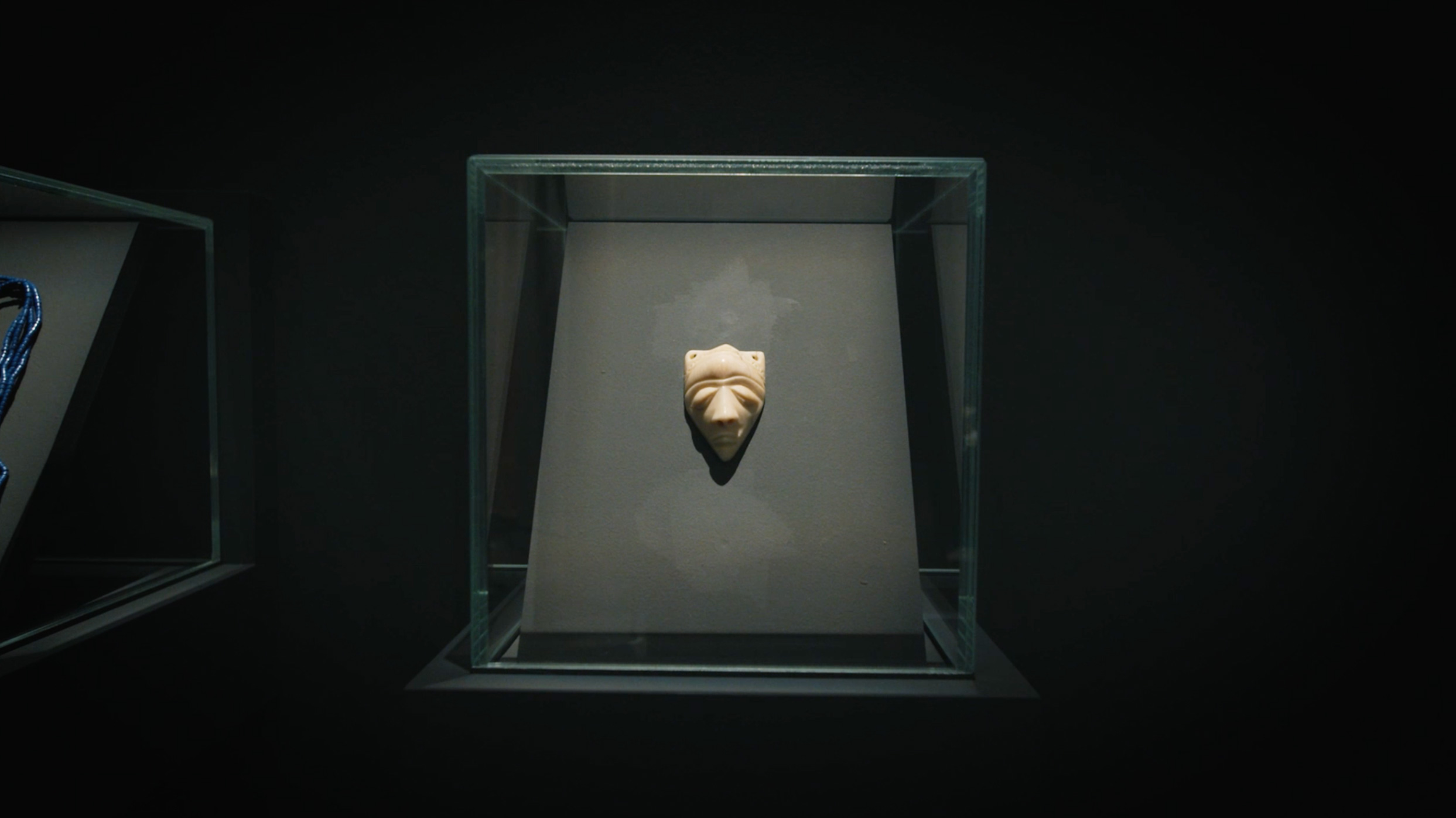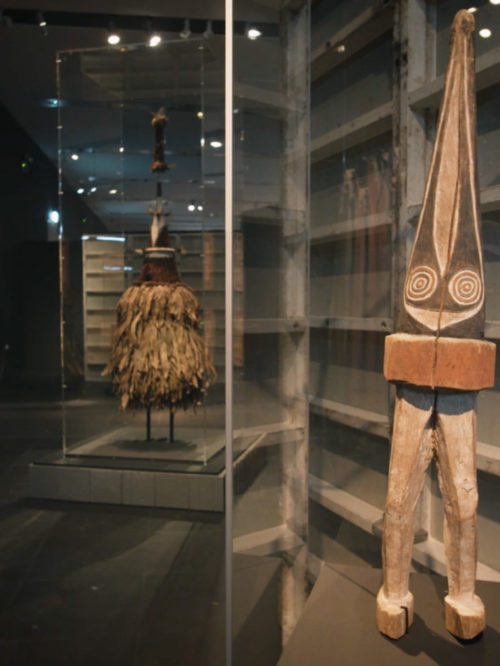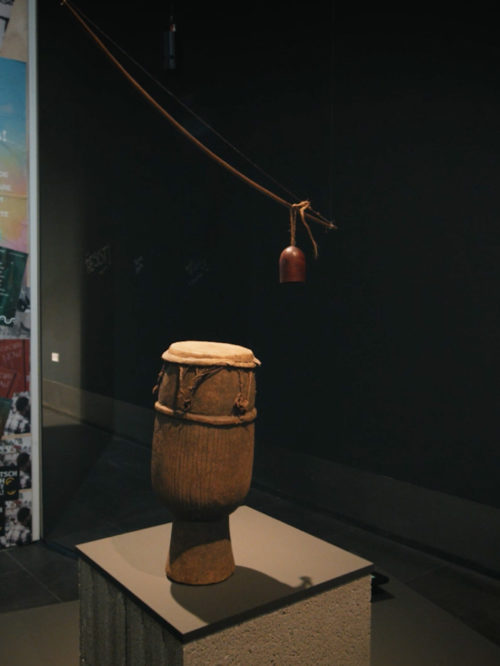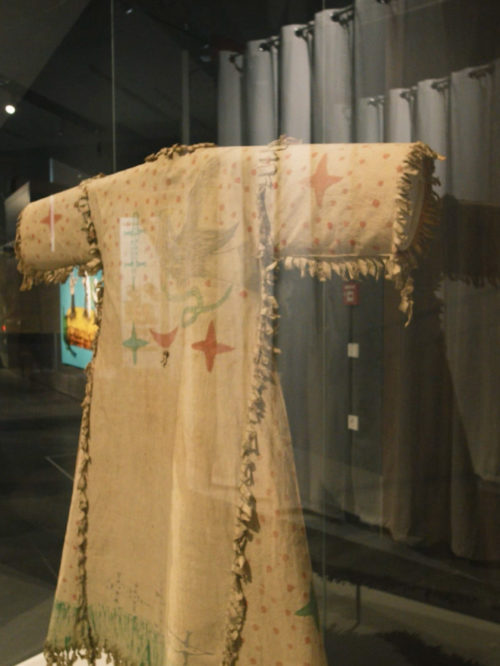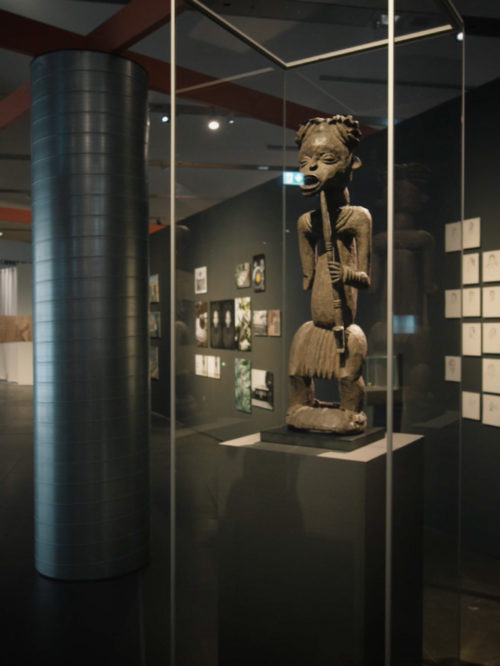Pende Resistance
In 1911 Lever Brothers Limited was granted a lease of 750,000 hectares of land in the Belgian Congo and a monopoly on palm oil by the Belgian Ministry of Colonial Affairs. In return, the soap manufacturer undertook to support the Belgian state in the costly creation of infrastructure in the huge colony and to promote the Belgian economy. The male African workers were to be registered directly by Lever for the payment of compulsory tax. The monopoly of Lever Brothers Limited meant the expropriation of hundreds of thousands of oil palms for the local population – they were no longer allowed to harvest palm fruits themselves and sell them on local markets. The people resisted this deprivation of rights and refused to work on the plantations. The company’s unscrupulous recruitment methods provoked resistance from the population as early as 1914. The 1931 revolt is interpreted today as the most important uprising of the Congolese against colonial capitalism before 1959 – an uprising against an increase in the poll tax and falling wages during the world economic crisis.
Ikhoko Pendant in the Shape of a Mask
Author not documented
Pende, Democratic Republic of the Congo, 20th century
Ivory
RJM Collection 48969
After the uprisings had been brutally crushed, necklaces with pendants representing the different types of the Pende masks spread in the early 1930s. They were appreciated for their beauty, but at the same time they were also a sign of the newly strengthened Pende identity and solidarity against the colonial power.
In 1966 the museum acquired 1274 objects from the Dusseldorf artist Klaus Clausmeyer. Clausmeyer mainly collected statues and masks from Oceania and Africa. He acquired his collection on the art market. The provenances are almost never documented.
Further material:
Audio clip on the legacy of colonial history Belgium – Congo.
→deutschlandfunk-kultur
Author: Dr. Clara Himmelheber


